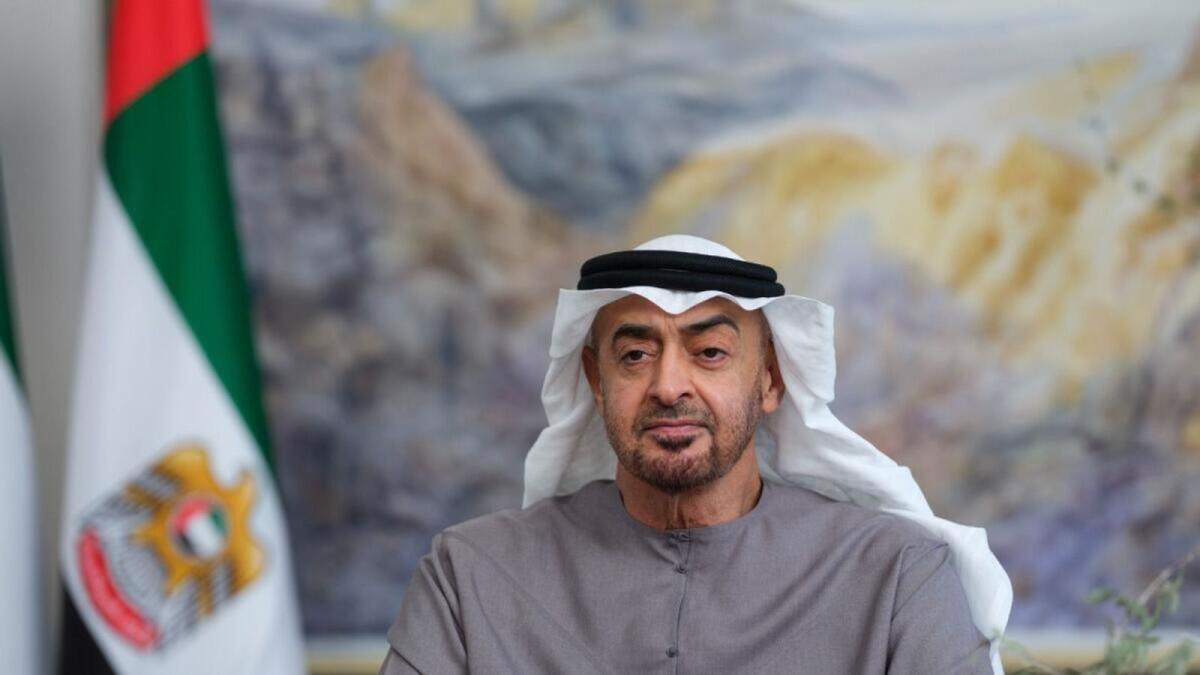President Sheikh Mohamed has issued two federal decrees forming the UAE Council for Fatwa and appointing Abdullah bin Bayyah as Chairman of the Council with the Grade of Minister. The Council’s members include Dr Omar Habtoor Al Darei, as Vice Chairman, Dr Khalifa Mubarak Al Dhaheri, Dr Ahmed Abdel Aziz Al Haddad, Jamal Salem Al Turaifi, Dr Ibrahim Obaid Ali Al Ali, Abdul Rahman Ali Humaid Al Shamsi, Dr Ahmed Ibrahim Al Tunaiji, and Dr Fatma Al Dahmani. The UAE Council for Fatwa serves as the official authority for issuing fatwas in the UAE and aims to unify efforts, visions, and objectives to develop approaches, policies, and legislation related to fatwas in the UAE. The council is responsible for issuing general, urgent, and new fatwas on various matters, conducting studies and research in various fields of fatwas, providing legal opinions on relevant legislation, licensing the practice of issuing fatwas, and training and developing the skills of muftis.
The UAE Council for Fatwa, under the leadership of Abdullah bin Bayyah, will play a crucial role in providing authoritative guidance on Islamic matters in the UAE. The formation of this council highlights the commitment of the UAE government to promoting religious harmony and ensuring that Islamic principles are upheld in the country. By appointing experienced and knowledgeable members to the council, Sheikh Mohamed has demonstrated his dedication to promoting a culture of informed decision-making in matters of Islamic jurisprudence.
The UAE Council for Fatwa will work towards standardizing the process of issuing fatwas in the UAE, ensuring consistency and accuracy in the religious rulings that are issued. By centralizing the authority for issuing fatwas under this council, the UAE government aims to prevent the spread of unauthorized or misleading fatwas that could cause confusion among the public. This move is in line with the government’s efforts to promote a moderate and tolerant interpretation of Islam in the UAE.
One of the key functions of the UAE Council for Fatwa will be to provide legal opinions on relevant legislation in the UAE. By incorporating Islamic principles into the legal framework of the country, the council will play a vital role in ensuring that the laws of the UAE are in alignment with Islamic teachings. This will help promote a sense of harmony and coherence between religious and legal authorities in the country, contributing to a more unified and cohesive society.
In addition to issuing fatwas and providing legal opinions, the UAE Council for Fatwa will also be responsible for licensing the practice of issuing fatwas in the UAE. By setting standards for who is qualified to issue fatwas, the council will help ensure that only knowledgeable and competent individuals are authorized to provide religious guidance to the public. This will help maintain the integrity and credibility of fatwas issued in the UAE, promoting a culture of trust and reliability in matters of Islamic jurisprudence.
Overall, the formation of the UAE Council for Fatwa represents a significant step towards promoting a culture of religious understanding and tolerance in the UAE. By centralizing the authority for issuing fatwas and ensuring that only qualified individuals are authorized to provide religious guidance, the council will play a pivotal role in upholding Islamic principles in the country. Under the leadership of Abdullah bin Bayyah, the council is poised to make a positive impact on the religious landscape of the UAE, promoting a more informed and enlightened approach to Islamic jurisprudence.











